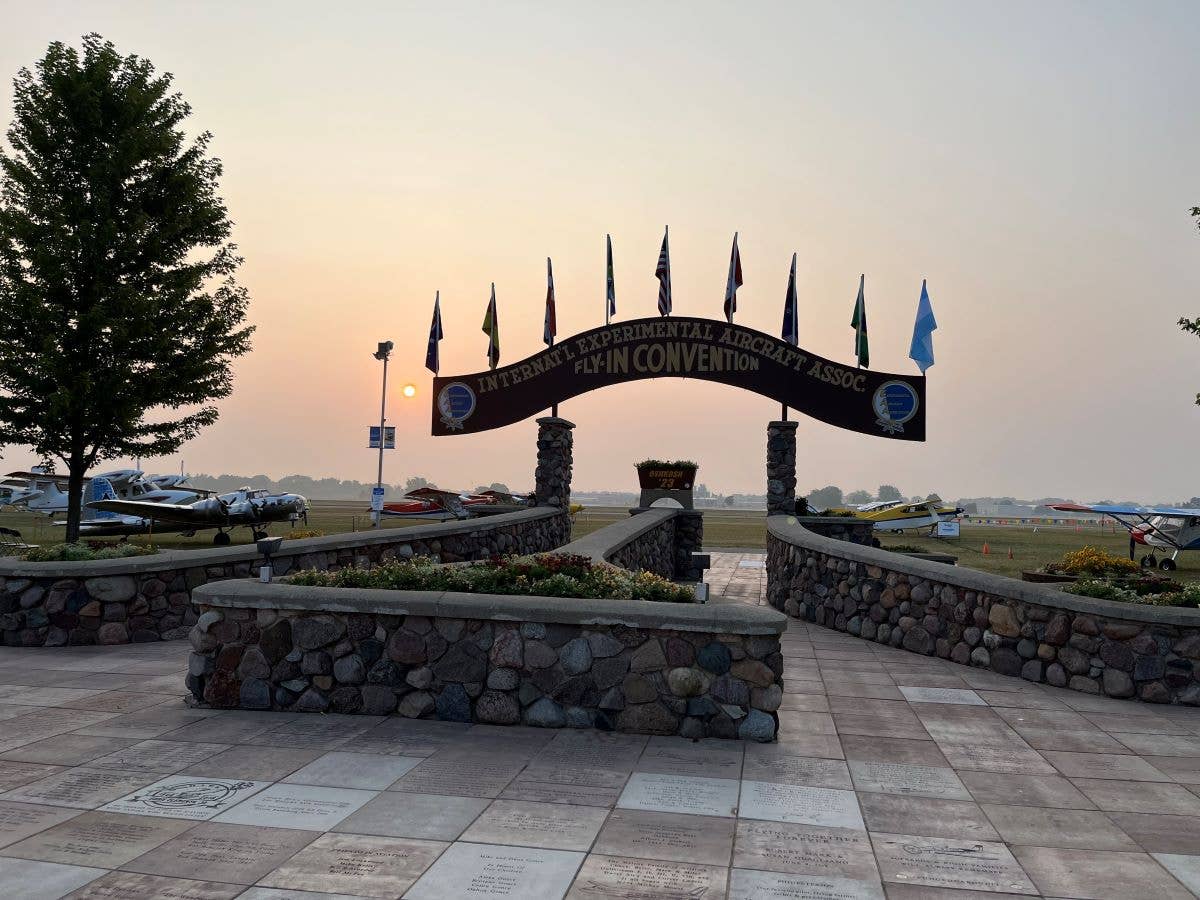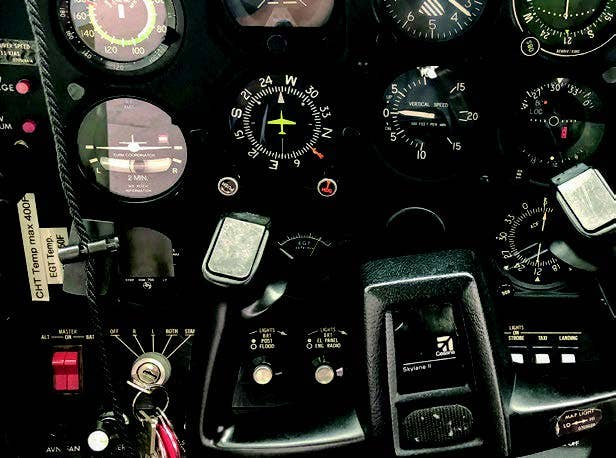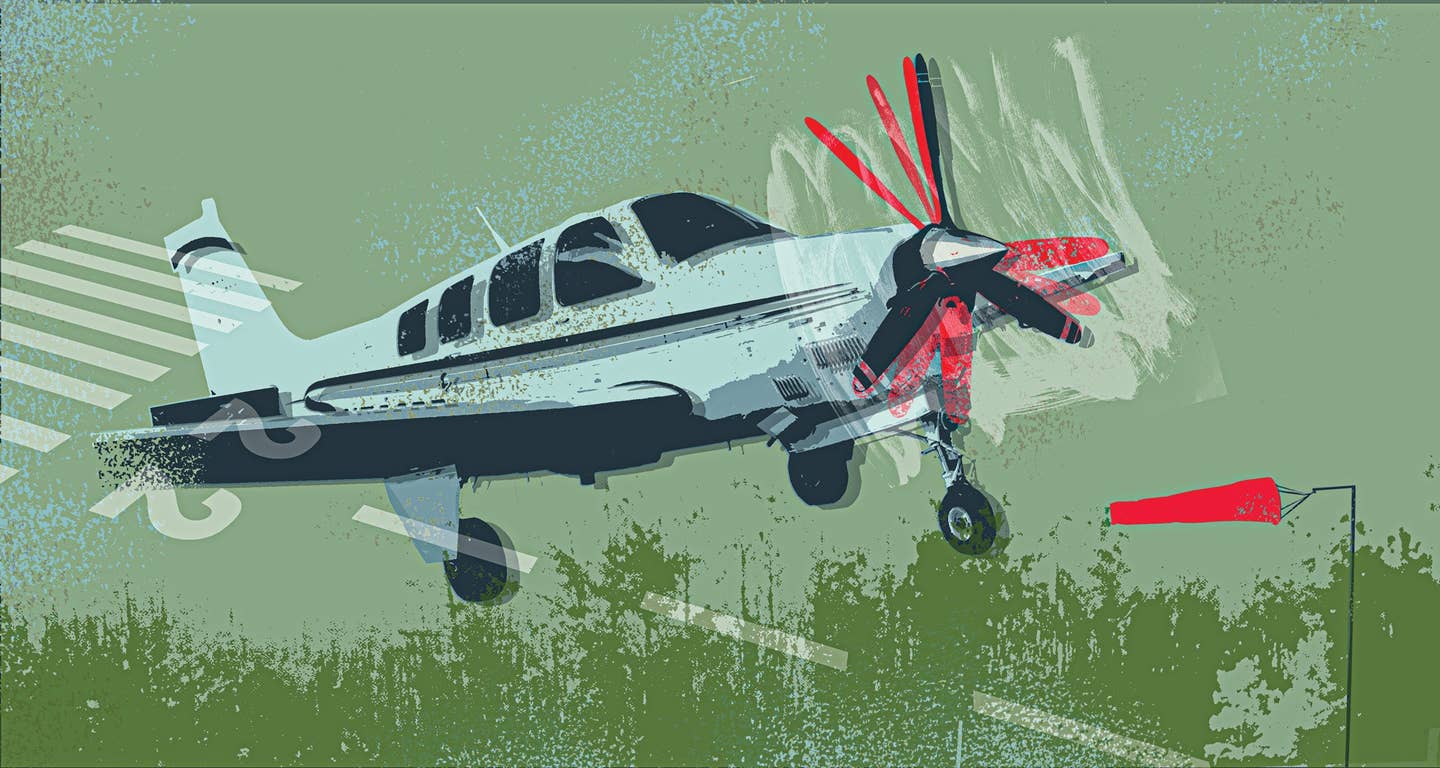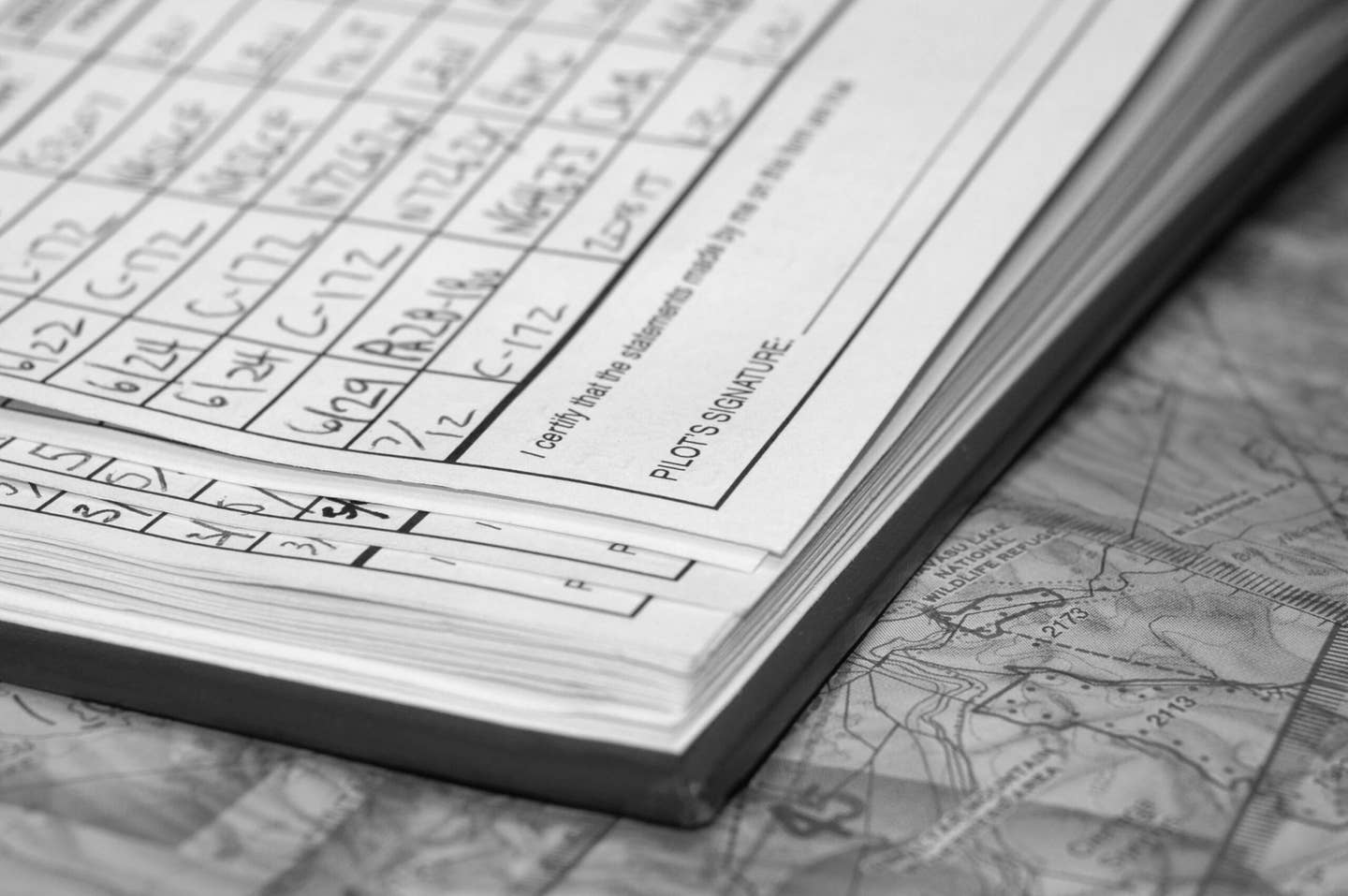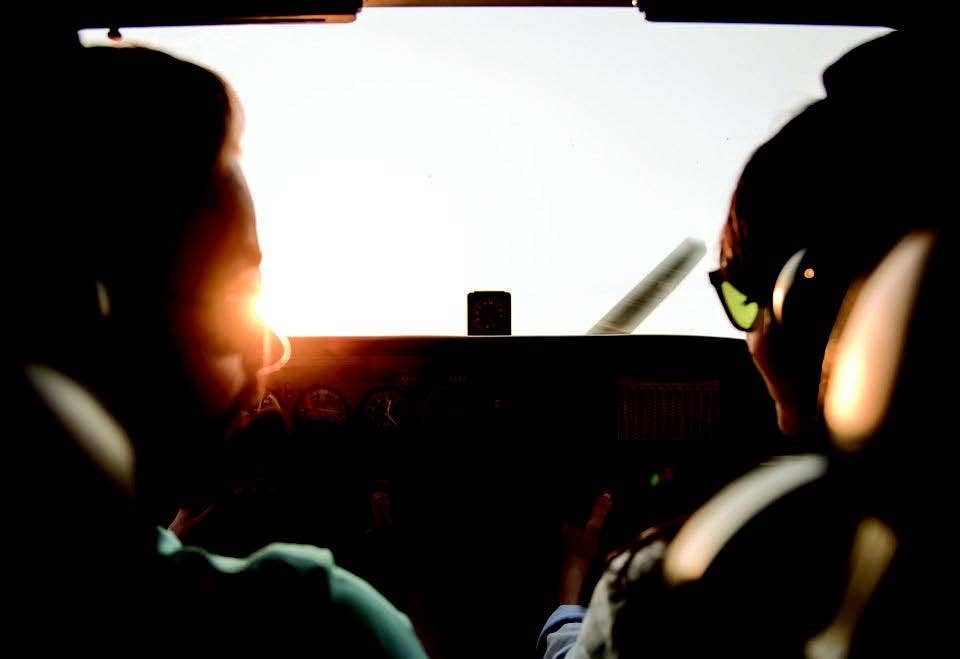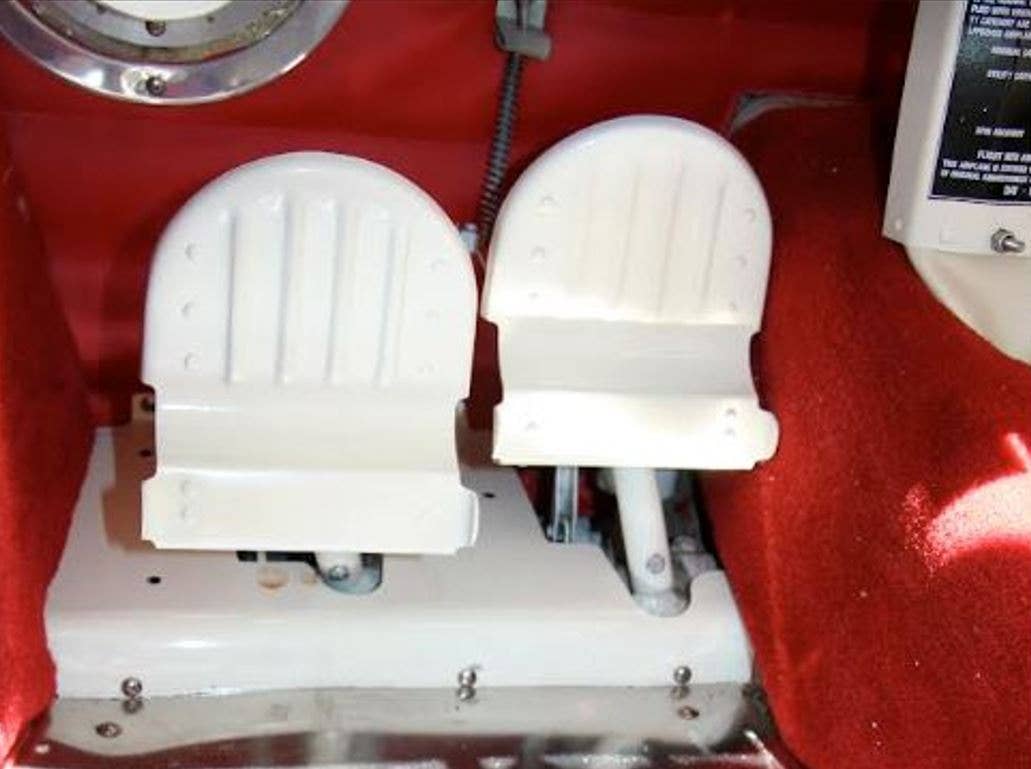
"Noting my hands gripping the control wheel as if it were a lifeline, Bob would say, 'Loosen up. Use your fingertips. Remember, flying is a lot like playing the flute: if you try too hard, it doesn't come out right.'"
So reminisced author Frank Kingston Smith in his 1982 book, Weekend Wings. Smith learned to fly in the 1950s, and many of the lessons he later recalled in his writing seem especially valid today. Most have less to do with the mechanics of flight than the human side-how he learned to forsake preconceived notions about flying and embrace simple lessons in his own human nature. In today's environment, there seems to be more and more emphasis on programming systems and memorizing numbers, with less and less focus on allowing students to find the comfortable feel of smooth flying.
Suddenly acquiring that light touch is one lesson many veteran pilots clearly recall from their early days. Like Smith, they remember the one flight when the realization struck. For some, it came only after they decided to give up on ever "figuring out" how to fly, and in despair, released their pent up anxiety.
I remember being frustrated by repeatedly overcontrolling on short final as the ground rushed up to meet me with nerve-tightening speed. Then my instructor admonished me to use just my left thumb and two fingers on the yoke. Without the stiff-arm grip, my control movements became more fluid. I began to relax and feel how the airplane was responding to my input. Another trick I was taught involved pushing the rudder pedals back and forth when on short final. "Wagging" the tail, just a little, was enough to graphically remind me that I was in control here, not that gusty crosswind.
Smith included another lesson in Weekend Pilot that can easily be lost in today's flying environment where we constantly challenge ourselves with new equipment, new techniques and ever more demanding missions: Remember, this is supposed to be fun. And it doesn't hurt to slow down the program a little after reaching one of your skill plateaus. Savoring the experience allows us to feel more confident with the next flight.
Smith wrote:
"The total concentration required for the first few long flights always tends to take some sort of toll on anyone who takes flying seriously. As time passes and one flies more and more, flying becomes progressively easier and more enjoyable."
And an "easier, more enjoyable" flight is also a safer one.

Subscribe to Our Newsletter
Get the latest FLYING stories delivered directly to your inbox

